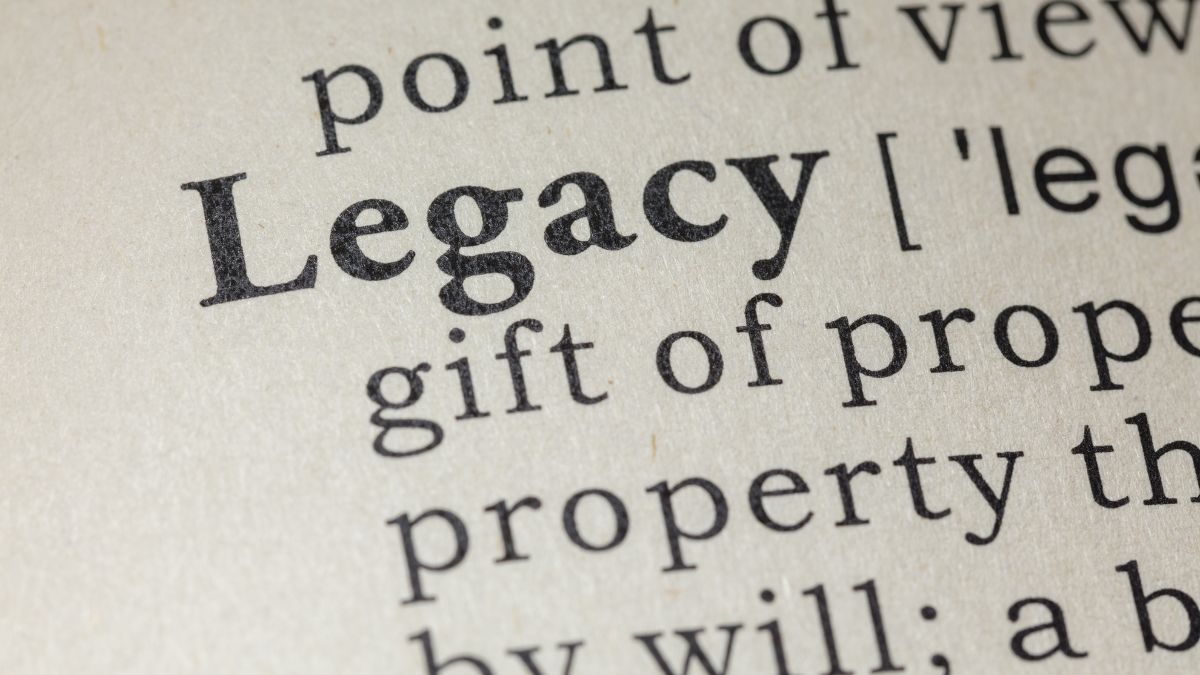Kalidasa (Classical Sanskrit Literature)
Kalidasa (Classical Sanskrit Literature)
Language and Education: The Linguistic Legacy of Colonialism: Exploring the impact of colonialism on language, education, and literacy in colonized regions.

Language and Education: The Linguistic Legacy of Colonialism: Exploring the impact of colonialism on language, education, and literacy in colonized regions.
In the vast tapestry of human civilization, language and education stand as pivotal threads that weave together the essence of culture, identity, and knowledge. Yet, the shadow of colonialism, a formidable force in history, has stretched its long arms across continents, leaving an indelible mark on the linguistic and educational landscapes of colonized regions. This article delves into the profound impact of colonialism on language, education, and literacy, exploring how this historical phenomenon has shaped, and in many instances, reshaped the destinies of countless communities.
At the heart of the colonial enterprise was a powerful tool: language. Colonial powers, with their unyielding thirst for control and domination, recognized early on that to command a people, one must first command their language. Thus began the systematic imposition of the colonizer’s tongue, a move that was as strategic as it was symbolic. Schools became battlegrounds where indigenous languages were often sidelined, if not outright banned, in favor of the colonizer’s language. The effect was twofold: it eroded the linguistic diversity that is the hallmark of human creativity and innovation, and it alienated people from their own cultural narratives, severing them from their ancestral roots.
The awe-inspiring resilience of indigenous languages, in the face of such onslaught, is a testament to the enduring spirit of those communities. However, the scars of this linguistic imperialism are evident in the way many post-colonial societies grapple with language policy and education today. In some regions, the colonial language remains the medium of instruction, a gatekeeper of higher education and elite professions, thus perpetuating socioeconomic divides that trace back to colonial times.
Yet, the legacy of colonialism in education extends beyond language. Colonial education systems were primarily designed to serve the interests of the empire, producing a class of intermediaries who, while educated, were often alienated from their cultural roots and estranged from the masses. This created a profound disconnect between the educated elite and the general populace, a divide that many countries are still endeavoring to bridge today.
The narrative, however, is not one of unmitigated despair. From the ashes of colonial education policies, new models are emerging, ones that seek to reconcile the colonial linguistic legacy with the need for a culturally relevant and inclusive education. Bilingual and multilingual education programs are gaining traction, recognizing the value of indigenous languages as mediums of instruction and as critical components of cultural heritage. These initiatives represent not just a break from the past but a bold step toward a future where education is a tool for empowerment, not subjugation.
The linguistic legacy of colonialism, with its complex interplay of loss and resilience, oppression, and rebirth, is a powerful reminder of the role of language and education in shaping societal dynamics. It underscores the need for thoughtful, inclusive policies that honor linguistic diversity and promote literacy and education as universal rights. As we move forward, let us be awestruck not by the depth of the colonial shadow, but by the light of collective efforts to forge a world where every language and every learner finds their place in the sun.